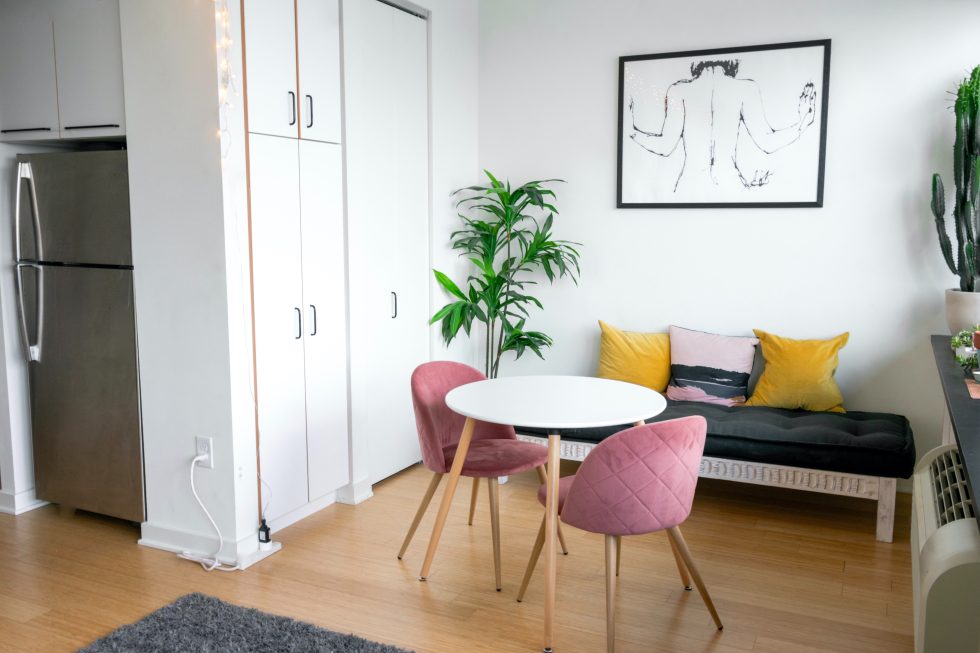Rental Property and Airbnb are two different types of property investment strategies. Here are some key points to understand the differences between them:
Rental Property
A rental property involves leasing out a property on a long-term basis, typically for a year or more. The landlord receives regular rental income, and the tenant is responsible for utilities and maintenance.
Pros of Rental Property:
– Stable income is the number one attraction for rental properties as it provide a steady stream of income as tenants typically sign long-term leases. With people struggling to afford their own homes, there is a constant high demand for rental properties regardless of the location or time of the year.
– You don’t need to think about vacancy rates, seasonal movement, or dealing with the hassle of check-in and outs. Long-term rentals involves fewer turnovers and less frequent guest interactions.
– There is less cost in not having to furnish a rental property. Tenants cover power, internet, water bills and their own contents insurance. There are also no regular cleaning and linen services costs to cover.
– There is less admin with long-term tenants, there is less worry about administrative tasks. Once the tenancy agreement is signed, and keys are exchanged, you don’t need to worry about advertising, key drops, cleaning and constant guest turnover.
Cons of Rental Property:
– There is limited flexibility. Once a lease is signed, it can be challenging to terminate early or adjust rental rates. You can’t book in to use the property when you wish.
– There may be periods of time where the property is unoccupied, resulting in no rental income. However, this is often short term.
– There seems to be a growing list of government regulations introduced affecting landlords, the full impacts of which are just impossible to follow at times. However, this is where a Property Managris useful.
Airbnb
Airbnb allows property owners to rent out their spaces on a short-term basis, usually for a few nights or weeks at a time. It is a popular option for travelers looking for unique accommodations.
Pros of Airbnb:
– Airbnb rentals can generate higher income per night compared to long-term rentals dependant on location and demand.
– Property owners have control over availability and pricing, allowing for flexibility for personal use or adjusting rates based on demand.
– Airbnb have less wear and tear on the property. You have more control of the property. Inspections are regular, and the property is professionally cleaned often. Guests that are staying are less likely to spend time in the house and even less expected to rearrange furniture or redecorate.
Cons of Airbnb:
– There is more management required, as an Airbnb property involves frequent turnover, guest communication, and maintenance or cleaning between stays.
– Depending on the location, there may be legal restrictions or regulations regarding short-term rentals. Check with your local council.
– Holiday rentals require more financial commitment as the properties need to be furnished and equipped with all the amenities, including services such as television and internet. Regular cleaning, maintenance and linen hire/service can come at a large cost. You need to make sure you also cover all the monthly bills like water and power.
– There are also some tax implications as short term accommodation is subject to GST. Not only does it mean that you may lose 15% of your profits, but you’re likely to lose 15% of the capital gain made on the property when you sell it or change the property’s use.
– Airbnb’s are not covered by the by Residential Tenancies Act. This means that standard tenancy agreements don’t apply. You need to make sure the contracts you use are enforceable, apply to your situation and have all the right conditions outlined.
– You may need to pay a higher premium or arrange extra cover as your usual house and contents insurance might not cover an Airbnb.
When determining whether to pursue a rental property or Airbnb investment it is essential to consider the advantages and disadvantages of each option. There is no right and wrong answer, as every property and owner have different needs to cover. Ensure you do your research and keep in mind that property investment should be a long-term plan that provides a revenue stream and ideally requires little time managing.
Homely Service the following areas:
Property Management Manawatu
Property Management Feilding
Property Management Palmerston North
Property Management Horowhenua
Property Management Kapiti

